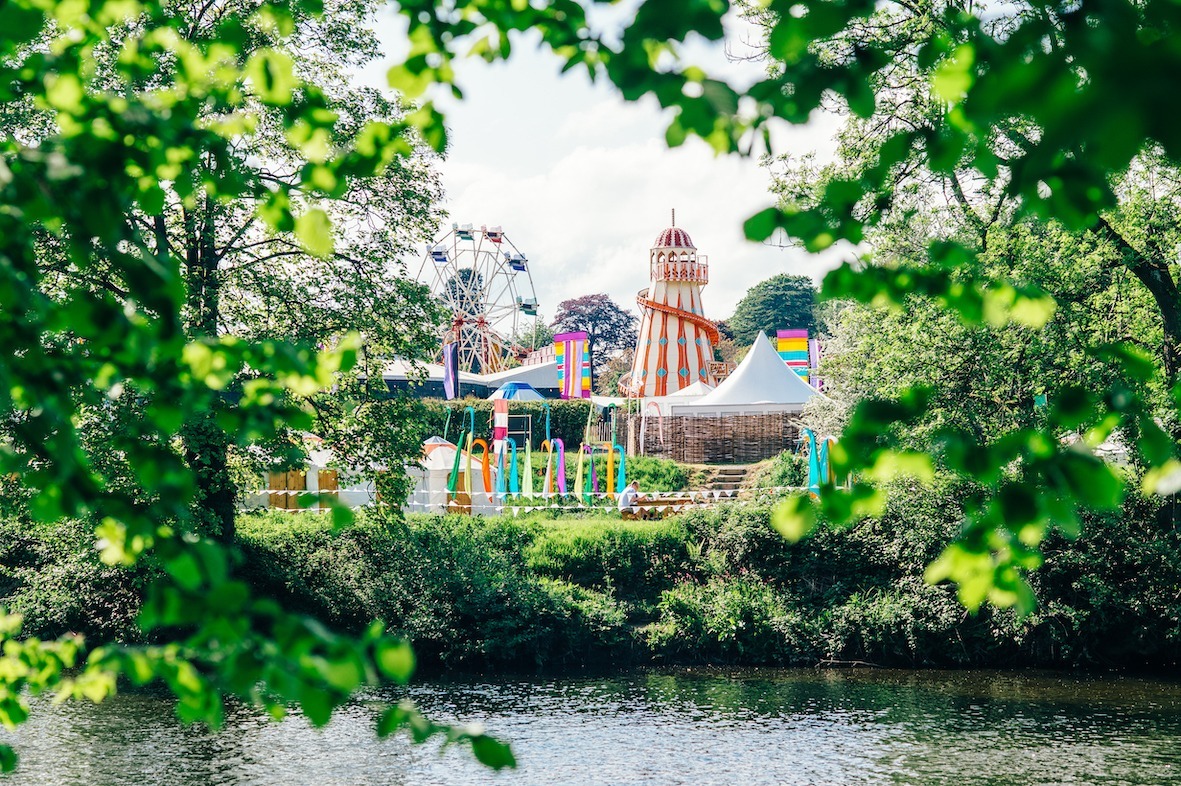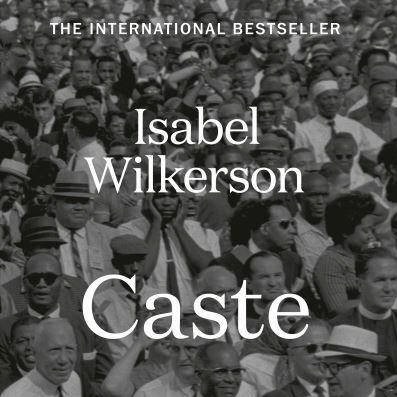
It’s not every day that you go to a philosophy talk and look down to find that the audience members in front of you aren’t wearing any shoes. This little moment goes some way to capture the atmosphere of HowTheLightGetsIn, a festival billed as a “playground for the soul” that this year features leading thinkers from across the fields of philosophy, science, culture and politics, with music and comedy thrown in the mix. Running alongside the well-established Hay Festival of Literature and Arts since 2018, HTLGI has more than outgrown initial assumptions that it might be some kind of “Hay fringe”, with big hitters like Richard Dawkins and Nobel prize-winning physicist Richard Penrose starring alongside an impressive diversity of thinkers, and plenty of music and comedy from afro-futurist beats to philosophers and comedians joining forces in midnight sessions of intellectual jousting.
The talk with the bare feet saw Slavoj Zizek and Yuval Harari discuss the idea of “nature” and interrogate why we associate the natural with the good. Zizek, the Hegelian provocateur, and Harari, historian and author of the best-selling Sapiens: a Brief History of Humankind, don’t make an immediately intuitive pair, but after a mutual agreement between the two to do away entirely with the natural / unnatural binary itself (in Harari’s words “everything that is possible is also natural”), there followed a wonderfully wide-ranging debate touching on the deep ecology movement, the definition of the good, and the frightening possibilities of gene editing creating a new species of “human 2.0”.
Inter-disciplinary is definitely the watchword at HTGLI. A debate on the "World In Jeopardy" was quite rightly dominated by the Russia-Ukraine war, with former member of the British Secret Intelligence Service Nigel Inkster debating with Labour MP Tulip Siddiq and the conservative cultural critic and psychiatrist Theodore Dalrymple. “Dreams and Jeopardy” is the theme of this year’s festival and it feels right to step back for a moment from the news cycle to pose the big questions around the war: Is the west in decline? Do we need another global hegemon, now that the United States appears to have eschewed its role as “the world’s policeman”?
When I talked to Hilary Lawson, the founder, before the festival, he spoke about the importance of politicians engaging with these fundamental questions. In practice however, as it turns out, it may not always run smoothly. Although I didn’t attend myself, the buzz around the food and drink tents today, the first day of the festival, was somewhat dominated by the afternoon session with Matt Hancock, whose talk on his “life and philosophy” prompted more than one critic of his conduct as health secretary during the pandemic to heckle from the audience - one loudly calling him a “hypocrite” after he alluded to the crucial virtue of “sacrifice”.
However, if the motive is bringing philosophy alive, visceral responses should be expected. And the festival certainly lives up to its brief of encouraging lively debate, inside and outside the sessions themselves. The lack of any real VIP areas means that speakers and artists are drifting around with the guests. At lunch, simply by virtue of sitting near to the South Indian dosa stall, I found myself discussing the life of the prophet and Islamic history with Zizek and Myriam Francois, a journalist and research associate at the Centre of Islamic Studies. Lawson had promised me a festival in which people “genuinely do mix …. You might be standing next to the world's leading scientist in a particular area, or a major politician. It also means that those people are really engaged. And we involve music and comedy and those sorts of things, because it softens all of that status stuff. I mean, we all have to deal with the fact that, you know, life is a really puzzling thing.”
It is indeed, and particularly at this fraught point of history, with climate crisis and major shifts in geopolitics recurring as themes throughout the day. Reflecting on these big questions can often be a lonely, silent past-time. But now, I’m about to go re-join the noise and lights, to dance it out with Groove Armada’s Tom Findlay, then maybe a late-night ride on the Ferris Wheel. That’s what this festival provides: four days of intellectual stimulation, yes, but also some much-needed distance from the churn of news and the stress of daily life, inviting you to listen, learn, and see the wood for the trees for once. (And it helps that from this spot on the Welsh border, there are a lot of beautiful woods to see.)
New Humanist magazine is Philosophy Partner of HowTheLightGetsIn festival.

